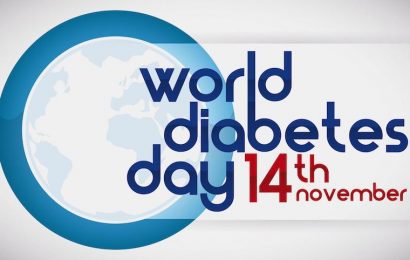The Internet has enabled many forms of communication that were not previously possible, to the displeasure, no doubt, of many people. But few people would argue against the benefits of one application of the Internet: sharing ratings and reviews of products and services. From product reviews on retail sites like Amazon.com to sites like Yelp and Angie’s List that are dedicated to ratings and reviews, consumers can access more information with the click of a mouse than most people could have imagined 20 years ago.
Some people are still wary, however, of using the Internet to rate doctors. After all, the doctor–patient relationship tends to be more complex, and require significantly more trust and intimacy, than the relationship between a mechanic and a car owner. And according to a survey conducted earlier this year, among those most suspicious of doctor ratings are many doctors. Conducted by the American College of Physician Executives, the survey of 730 of the group’s members — doctors with leadership and managerial roles — was developed to gauge their feelings about Web sites like Healthgrades.com and Vitals.com, which are dedicated to rating doctors, as well as more general sites that cover doctors. According to a press release on the survey, only 12% of respondents indicated that they found online patient reviews to be helpful. Twenty-nine percent responded that patients don’t use them enough for them to make much of a difference, while 26% went as far as calling online reviews a nuisance.
Doctors who said they didn’t check their online profiles at ratings Web sites gave a variety of reasons for their lack of interest, but one general refrain was that such sites mostly record negative experiences. There will always be some disgruntled patients, some wrote, and many of these patients will have already expressed their displeasure in person. Furthermore, some respondents noted, ratings Web sites are likely to contain reviews by patients who “shop around,” not those who stick with a doctor for long enough to develop a productive relationship. Many respondents noted that they already have an internal system for anonymous feedback, such as comment cards. Still others wrote that they had been visited by new patients who wanted unnecessary refills of narcotics prescriptions or who seemed mentally unstable.
The survey’s respondents had slightly more favorable opinions of ratings by health-care groups like the National Committee for Quality Assurance and The Joint Commission. Forty-one percent described having neutral feelings about these groups, while 29% viewed them positively and 14% thought they were a waste of time. These groups compile ratings based not on patient feedback but on data, which may include hospital readmission rates, prescription and diagnostic information, and other more objective measures.
Doctors are, of course, human beings, so it’s possible that some aversion to online ratings may stem from a simple dislike of criticism. However, only 19% of respondents who said they check their online profiles noted disagreement with their ratings. Thirty-nine percent said they agreed with their ratings, while 42% indicated partial agreement.
What do you think — have you read online reviews of doctors before deciding to visit one? Have you been pleased with the consequences? Have you ever left a review for a doctor online? If so, what motivated you to do so? If online reviews by patients aren’t necessarily useful way to screen for doctors, can you think of a better way to decide what doctor to visit? Leave a comment below!




